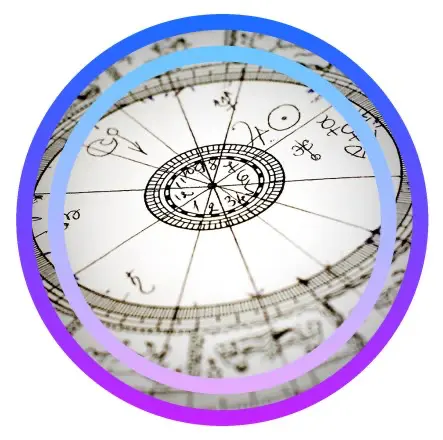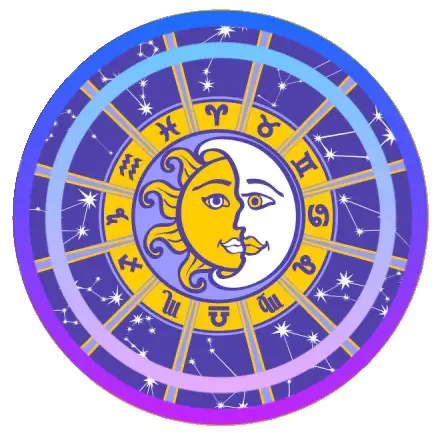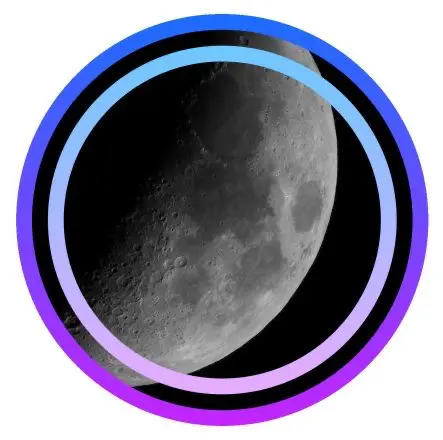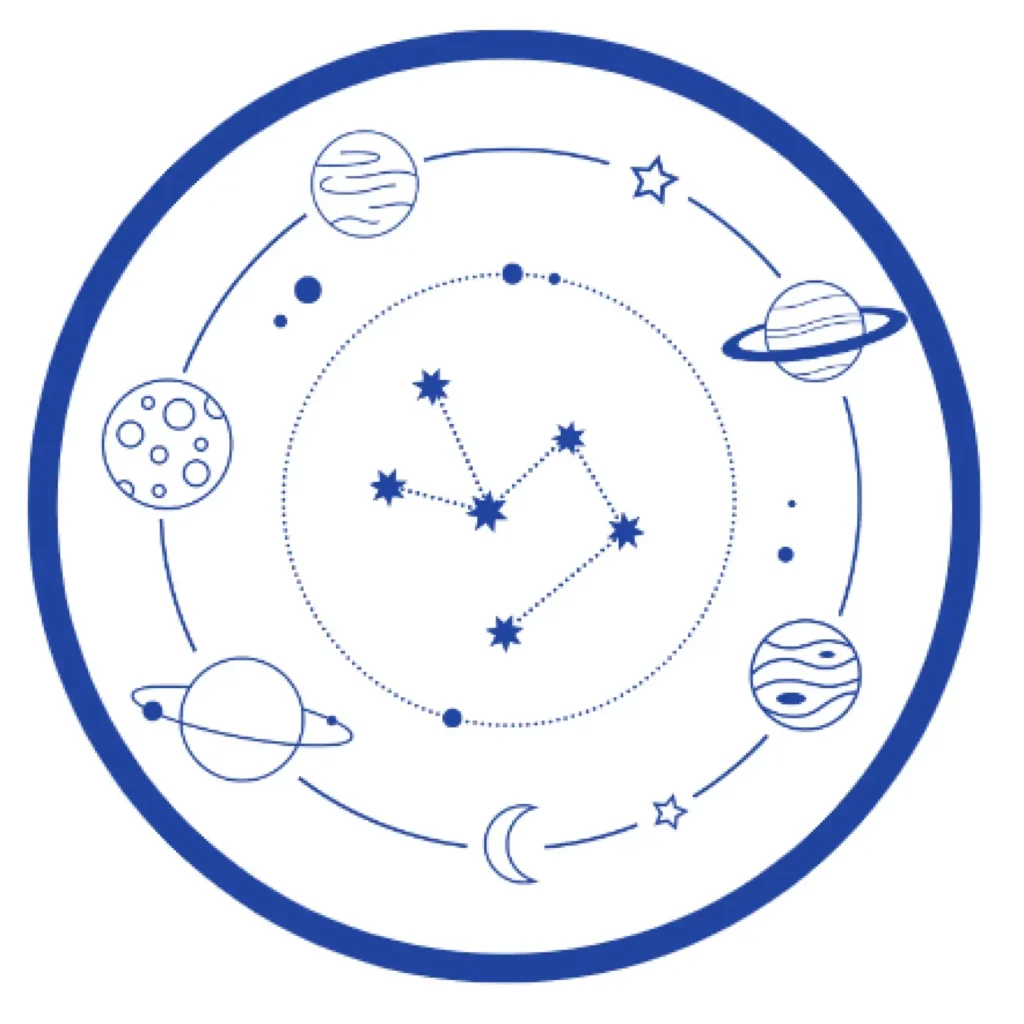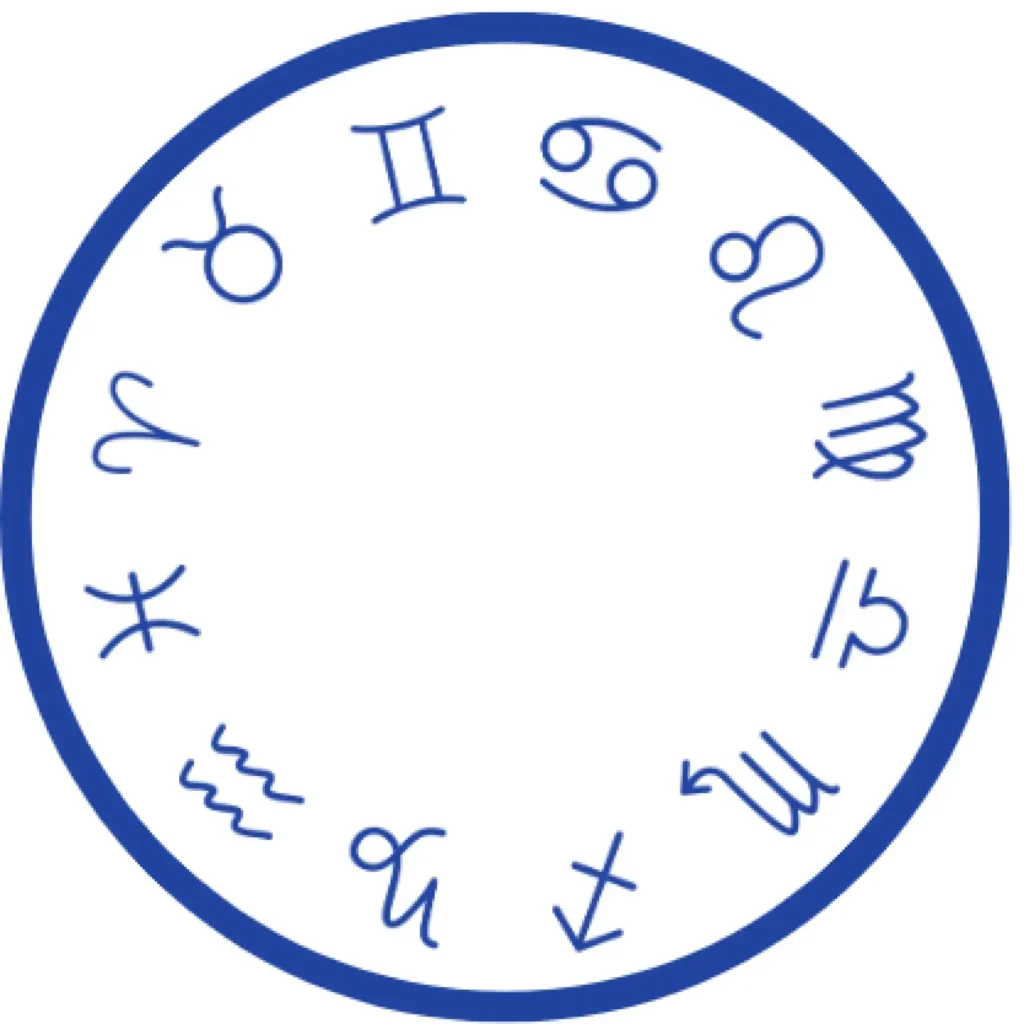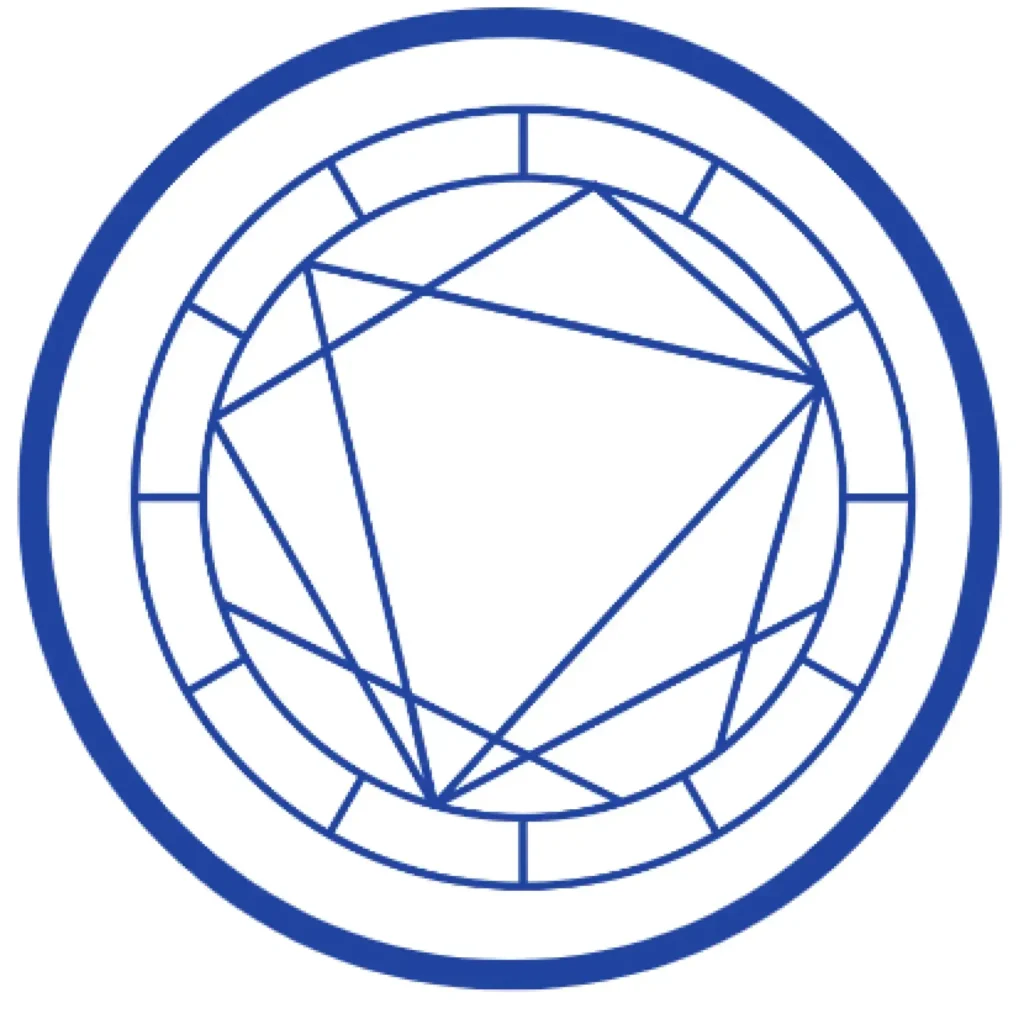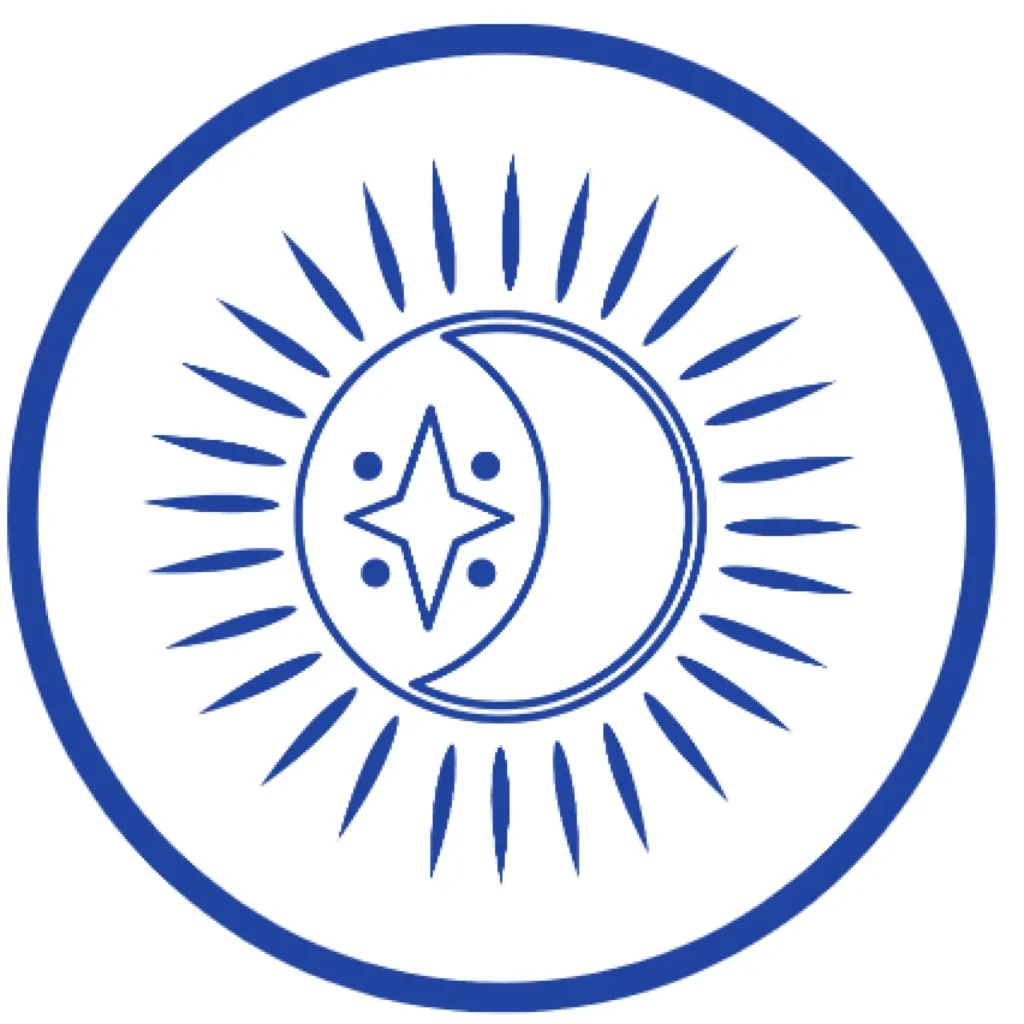 Astrology has captivated human beings for millennia, offering a deeper understanding of who we are and why we act the way we do. By analyzing your birth chart—a personal snapshot of the sky at the exact moment of your birth—you can uncover unique insights into your personality, emotional patterns, and life purpose. Each planetary placement and zodiac sign reveals something about your natural strengths, hidden challenges, and the deeper forces influencing your path.
Astrology has captivated human beings for millennia, offering a deeper understanding of who we are and why we act the way we do. By analyzing your birth chart—a personal snapshot of the sky at the exact moment of your birth—you can uncover unique insights into your personality, emotional patterns, and life purpose. Each planetary placement and zodiac sign reveals something about your natural strengths, hidden challenges, and the deeper forces influencing your path.
Whether you’re curious about relationship compatibility, navigating major life changes, or simply looking for clarity about your next move, astrology provides guidance rooted in ancient wisdom. Through your natal chart, astrologers can help you interpret planetary aspects and transitions that affect your personal and professional life. These insights allow you to move forward with confidence—understanding your patterns, choosing better partners, and planning for the future.
Birth Chart and Synastry: Explore Your Relationship Potential
Your birth chart is a celestial map of the sky at the exact moment you were born. It reveals your core personality traits, emotional needs, life purpose, and hidden potentials. Through the placement of planets in zodiac signs and houses, it offers a detailed look at who you are and why you’re here.
But astrology goes even deeper with synastry—the comparison of two natal charts to explore the energetic dynamics between people. Whether you’re curious about a romantic relationship, a friendship, or a professional partnership, synastry shows how your planets interact with another person’s. It reveals emotional chemistry, communication style, sexual compatibility, karmic lessons, and long-term potential.
Planetary Meaning in Astrology: Signs, Houses & Nodes
In astrology, planets are more than celestial objects — they are symbols of personal energy, influence, and destiny. Each planet in your birth chart, whether in a zodiac sign, astrological house, or retrograde, reveals your emotional patterns, life lessons, ambitions, and hidden potentials. Understanding planetary meanings helps you decode your inner world and make more conscious life choices.
Understanding Your Sun, Moon, and Rising Signs
The Sun sign shows your core identity, the Moon sign reveals emotional needs, and the Rising sign (Ascendant) indicates how you appear to others. Together, they give a complete view of your personality, communication style, and life approach.
Interpreting Planetary Aspects in Your Birth Chart
Planetary aspects (trines, squares, conjunctions, oppositions) describe the angles between planets in your chart. These aspects reveal life patterns, strengths, challenges, and karmic lessons. Knowing your aspects helps you make informed decisions in love, career, and self-growth, and anticipate upcoming opportunities or difficulties.
Frequently Asked Questions About Astrology, Fate, and Predictions
Astrology often raises questions about destiny and life guidance. Many people search for answers like: Can astrology predict my future? How accurate are birth chart readings? What do the planets and zodiac signs reveal about my career, relationships, and life path? In this FAQ, we explore the most common questions about astrology, including how predictions work, the role of transits and planetary aspects, and how your natal chart can help you make conscious decisions about love, career, and personal growth.
Astrology doesn’t predict your future in a fixed way—it shows potential paths. By analyzing your natal chart (birth chart basics: planets, zodiac signs, houses, aspects), astrologers identify recurring cycles and life patterns. These patterns help you anticipate challenges and opportunities. Astrology works less as fortune-telling and more as a roadmap, showing timing for personal growth, career shifts, or relationship changes. Your free will always plays a role, but astrology provides guidance to make more conscious life decisions.
The accuracy of astrology depends on how deeply your natal chart is analyzed. Simple horoscopes are broad, but professional readings with planetary aspects and houses in astrology provide precise insights. In career astrology, Saturn and the 10th house often reveal your professional path, while Venus and the 7th house highlight love compatibility. Astrology is not 100% predictive but helps recognize patterns and timing, giving you clarity about relationships, work, and personal milestones.
Your birth chart (natal chart) is like a cosmic blueprint. The Sun shows your identity and natural strengths, while the Moon reveals emotional needs. The North Node points to your soul’s purpose and lessons. Houses in astrology reveal life areas (career, family, relationships). By studying these placements, you can uncover your talents, understand your challenges, and align with your true life path. Many people use career astrology and nodes to find clarity about their purpose.
Yes! Astrology highlights recurring patterns in love, friendship, and work. A synastry chart compares two natal charts to reveal compatibility, communication styles, and emotional dynamics. In career astrology, the 2nd, 6th, and 10th houses reveal your natural skills, income potential, and long-term career path. By recognizing strengths and challenges through your chart, you can choose partners and career opportunities that align with your energy—making more conscious, empowered life decisions.
Synastry charts compare the planetary positions of two people to show how they interact emotionally, mentally, and physically. For example, Venus and Mars placements often show romantic chemistry, while Moon aspects reveal emotional bonding. Houses in astrology (especially the 5th, 7th, and 11th) highlight where relationships impact your life. While synastry can’t guarantee a relationship’s success, it provides powerful insights into strengths, challenges, and long-term potential between partners.
Learning astrology is a journey. For beginners, understanding birth chart basics (zodiac signs, houses, planets) may take a few months. Mastering advanced techniques like synastry charts, predictive astrology, and career astrology usually takes several years. Many astrologers recommend 3–5 years of study before practicing professionally. Consistent practice, mentorship, and reading real charts help build skill. Today, online astrology courses make learning step-by-step more accessible for aspiring astrologers.
Astrology is not a hard science—it’s a symbolic language that connects planetary cycles with human experience. For many, astrology blends psychology, spirituality, and archetypal symbolism. While skeptics argue it lacks scientific proof, astrology remains popular because it works as a tool for self-reflection, decision-making, and personal growth. By studying your natal chart, you see patterns that align with life experiences, making astrology more about guidance than prediction.
Start with the basics of the natal chart: Sun, Moon, and Rising signs. Then explore zodiac signs, planets, and houses in astrology. Next, learn planetary aspects and cycles like Mercury retrograde. Many beginners also practice with synastry charts to understand relationship dynamics. Free birth chart calculators online are a great place to begin. From there, you can read astrology books, take courses, or join communities to deepen your knowledge and move toward becoming a professional astrologer.
Start your journey today, interpret planetary influences, and bring clarity to your life with this step-by-step astrology encyclopedia. Discover the secrets of astrology and unlock your life’s potential with our complete guide.
